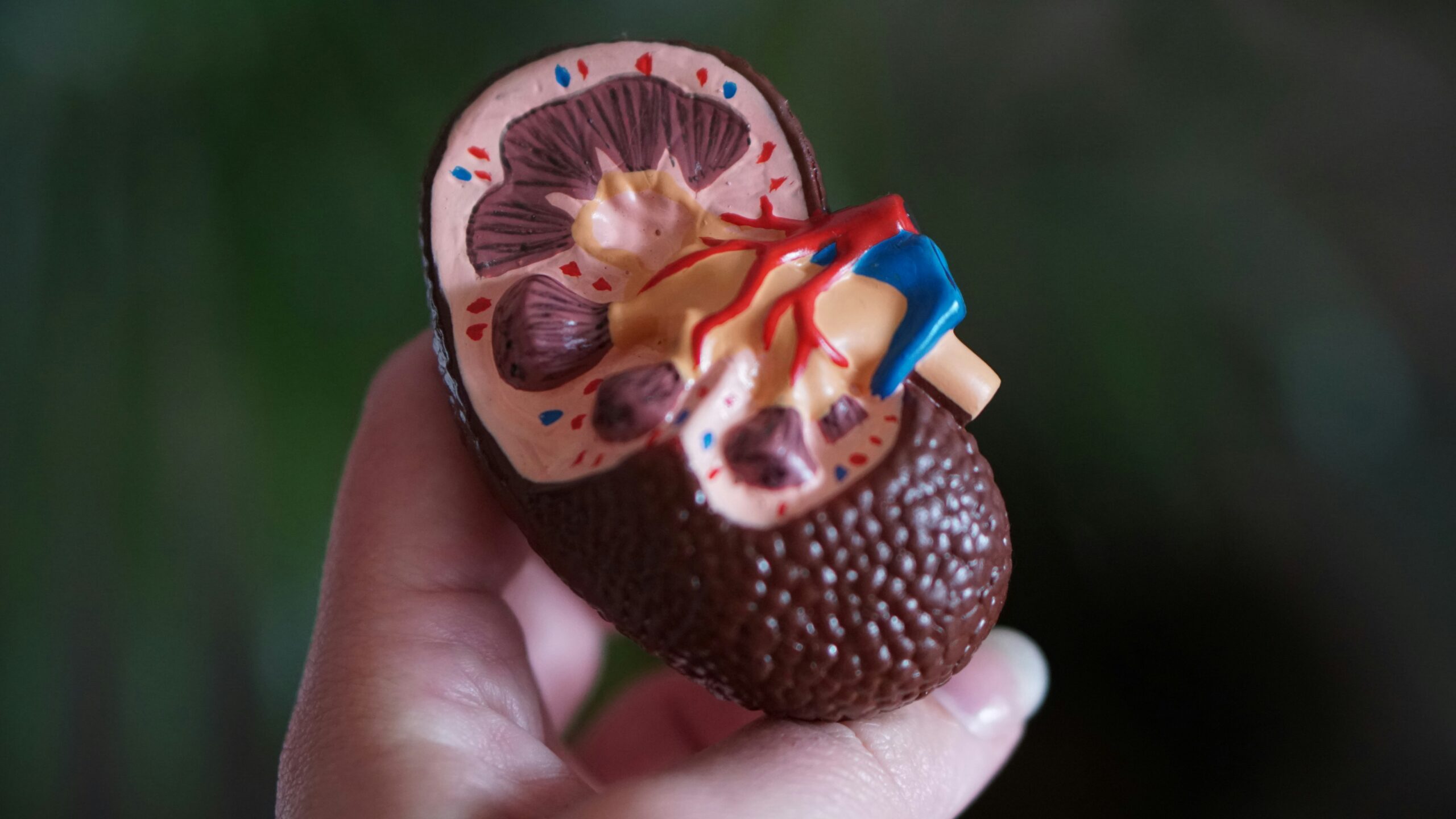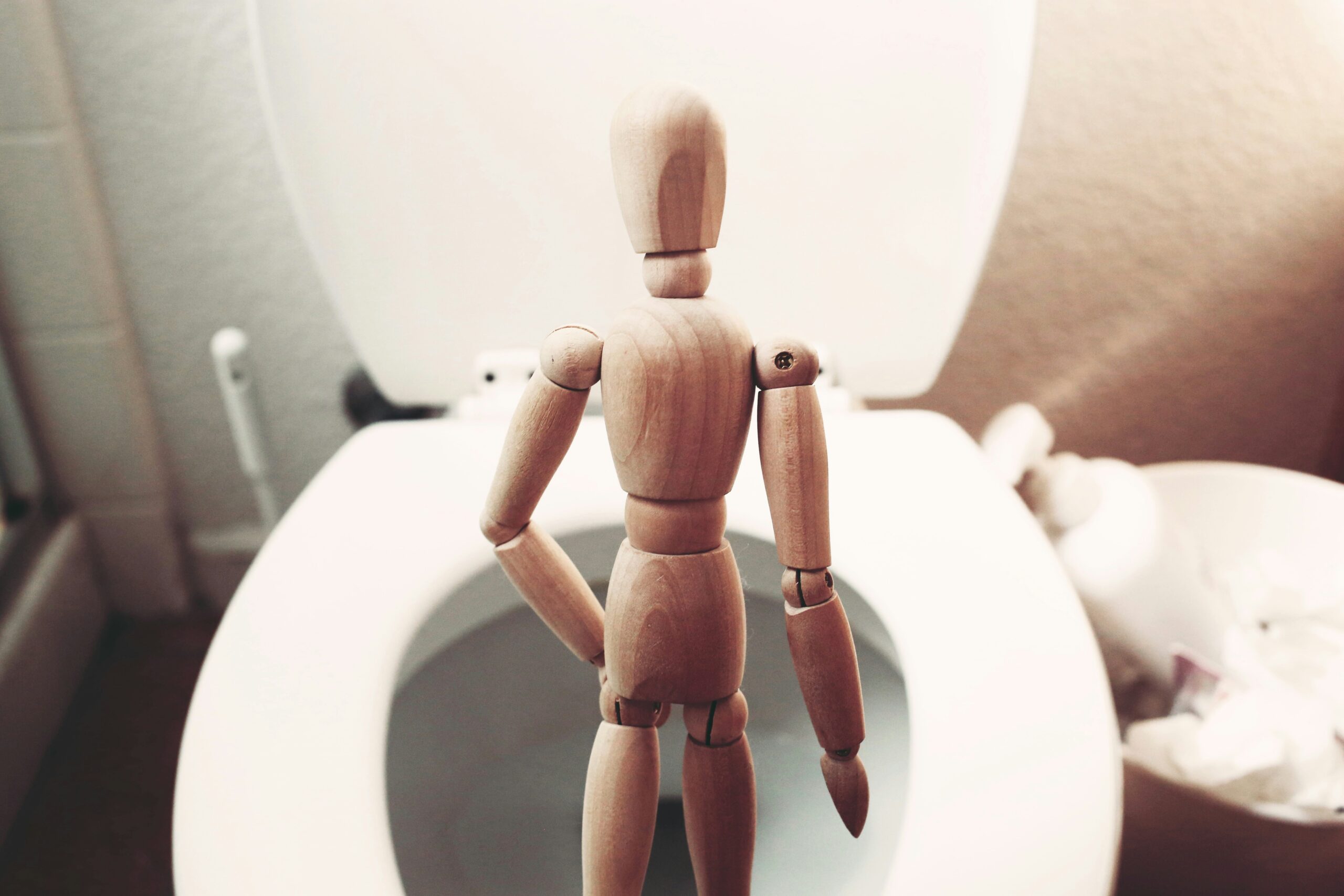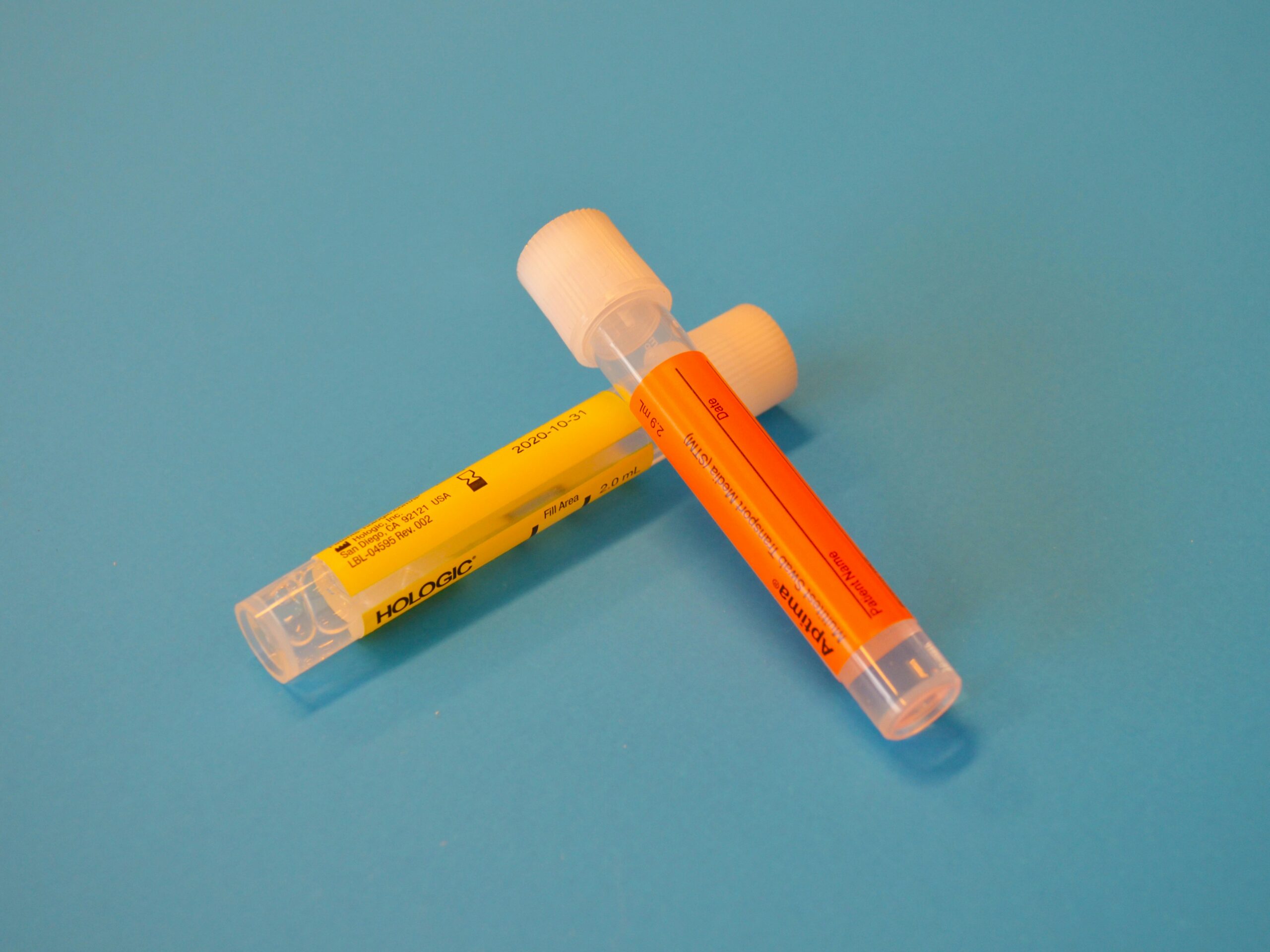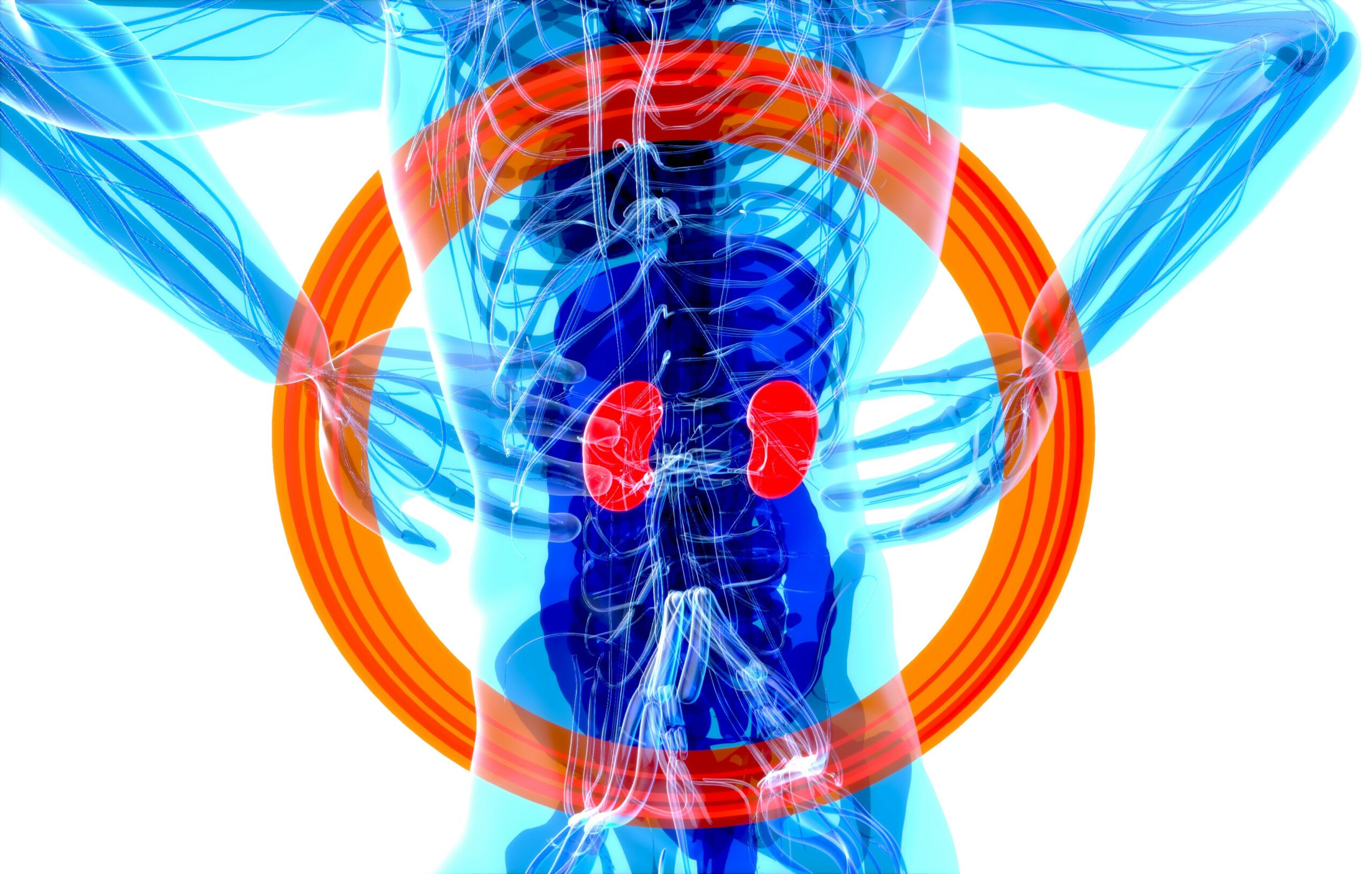Kidney pain, also known as renal pain, begins from the pair of bean-shaped organs at the back of your stomach range, near the spine on each side. They play a pivotal part in decontaminating blood by expelling waste and overabundance of substances. They keep up adjusted mineral sums in your body and direct the blood weight, whether high or low.
Swelling, contamination, or obstacles in these inner organs can lead to pain on either side near the lower back zone. The inconvenience may amplify descending to the lower stomach locale or the higher leg region.
Kidney pain is regularly befuddled with back torment due to its area. Be that as it may, it has particular characteristics and causes that require particular restorative consideration. Pain within the kidneys is frequently felt profoundly, more than torment from muscles or bones within the back. As a rule, it happens with other side effects such as trouble peeing, having a high fever, or seeing blood in your pee.
Each year, a lot of people universally experience kidney pain. It regularly happens due to different therapeutic conditions, such as urinary system diseases, kidney stones, or chronic kidney work complications. People of various ages and areas suffer from these circumstances. Kidney torment isn't a disorder on its own, but it shows there's another interior issue that should be found and tended to.
A few bunches of individuals encounter kidney pain more regularly. For instance, urinary tract contaminations are more common in ladies, and if the contamination comes to the kidneys, it may result in kidney pain. So also, it is common for men over 40 years old to create kidney stones that ordinarily cause torment within the kidneys. More often than not, kidney issues lead numerous people to look for therapeutic offer assistance; this highlights the significance of being mindful and cautious when having such torments.

Kidney pain can emerge from different restorative conditions, each having unmistakable reasons. An essential cause is diseases within the urinary tract, where microbes enter and conceivably climb to the kidneys, causing irritation and distress. Kidney stones, sometimes called renal calculi, are frequently the cause; these difficult mineral gems frame the interior of the kidneys and can bring around strong torment as they move through the urinary tract.
Polycystic kidney disease![]() , or PKD, could be a condition where someone's kidneys create various cysts due to hereditary reasons. This leads to distress and disturbs the ordinary work of the kidneys. Another issue causing torment within the kidneys is glomerulonephritis; it happens due to the swelling of little channels inside the kidneys. If a kidney gets harmed by mischance or amid surgery, this might result in strong torment and requires prompt consideration from a specialist.
, or PKD, could be a condition where someone's kidneys create various cysts due to hereditary reasons. This leads to distress and disturbs the ordinary work of the kidneys. Another issue causing torment within the kidneys is glomerulonephritis; it happens due to the swelling of little channels inside the kidneys. If a kidney gets harmed by mischance or amid surgery, this might result in strong torment and requires prompt consideration from a specialist.
Kidney pain can happen when a blood clot blocks the renal artery, known as renal artery thrombosis; it may also result from a clot obstructing the stream within the renal vein, alluded to as renal vein thrombosis. When this happens, it disturbs the blood flow and leaves the kidneys, leading to torment and potential harm to kidney cells.
The way kidney pain feels can alter depending on what causes it. Frequently, this pain isn't sharp, but a steady hurt feels on one or both sides within the lower back area just underneath your ribs. The inconvenience may amplify to the lower stomach, range around the crotch, or higher portion of the leg. In cases with kidney stones, this torment can be severe and intense; it's recognized as a sort of extraordinary trouble that individuals frequently depict as one of the foremost appalling torments they encounter.
Other signs incorporate troubles with urination, such as distress amid latrine visits, the nearness of blood in urine, and visits to pee. When there's a disease within the kidneys, it's common to involve fever, chills that make you shake, or a sensation of needing to vomit. People enduring glomerulonephritis might see bubbles in their pee due to protein abundance. In contrast, those with PKD may take note of a significant lump in their stomach locale because of enlarged kidneys.
When someone endures constant kidney conditions, they often experience full-body effects such as extraordinary weariness, swollen legs, puffy eyes, and raised blood pressure. These indicators emphasize the significance of carefully examining the reasons for kidney distress.

If issues causing kidney pain are not tended to, they can compound and lead to serious complications. A disease known as acute pyelonephritis might create a kidney abscess, blood poisoning, or cause enduring kidney damage. Suppose the kidney stones don't come out or are not evacuated. In that case, they may proceed to obstruct the path, potentially causing the kidneys to swell due to gathered pee and conceivably causing them to suffer irreparable harm.
Persistent illnesses such as glomerulonephritis and polycystic kidney disease have the potential to gradually impede kidney function, potentially driving to a condition where the kidneys come up short. This is typically alluded to as an end-stage renal disease, at which point people require treatments like dialysis or a kidney transplant to survive. Also, untreated kidney diseases can cause systemic diseases, posturing a noteworthy well-being hazard.
Complications incorporate high blood pressure and heart disorders, which frequently accompany long-standing kidney issues. It is significant to control these effectively and react promptly to avoid unfavorable results and do appropriate kidney work.
To determine the reason for kidney pain, we must closely examine the individual's health history, assess their physical condition, and conduct different examinations. While recording the patient's history, it is vital to ask about the nature of the torment, its term, and its exact area. Other indications to ask are if there's a fever, changes in urination designs, or past kidney issues. During the physical examination, the center checks for tenderness and recognizes any noticeable bumps in the stomach or flank range.
Commonly, the primary test is urinalysis, which can uncover signs of contamination, blood, or crystals in the pee. If specialists suspect a contamination, they may continue with a urine culture. This helps distinguish the microscopic organisms' dependability and decide the appropriate anti-microbial for treatment.
Looking at the blood, like doing a total blood count and measuring the levels of blood urea nitrogen and serum creatinine, helps in deciding how successfully the kidneys are working or if there's a contamination or irritation. An increment in white blood cell counts shows conceivable contamination; elevated BUN![]() and creatinine propose that maybe the kidneys aren't performing enough.
and creatinine propose that maybe the kidneys aren't performing enough.
Scans play a significant part in understanding why kidneys are agonizing. Ultrasound, safe for the body, gives images of the kidneys that offer assistance in identifying issues such as stones, fluid-filled sores, or swelling from over-the-top pee maintenance. CT scans offer detailed images and effectively identify modest stones or tumors. MRI is advantageous for assessing parts of the kidney and blood vessels as it doesn't use radiation.
If specialists suspect glomerulonephritis or other fiery issues, they might perform a kidney biopsy. This includes evacuating a little test of the kidney tissue to examine under a magnifying lens. This method makes a difference in discovering the exact type and how genuine the kidney illness is, which leads to the correct treatment.
An Intravenous pyelogram, also called an IVP, is another way of making pictures. In this strategy, they infuse a special dye into your circulatory system and then take X-ray images to imagine the urinary tract inside your body. This may reveal if there's an obstruction, such as stones or abnormal arrangements. A retrograde pyelogram is comparable to IVP, but the color is specifically infused into the ureters through a cystoscope embedded into the bladder.
Within the zone of nuclear medicine imaging, like when we do a kidney filter, little radioactive materials are utilized to look at how successfully kidneys work and track the bloodstream. The pictures allow us to decide whether past infections have brought about scarring or if there is narrowing within the kidney arteries, as well as compare how each kidney is performing relative to the other.

To handle kidney pain, it is imperative to know the cause. When somebody suffers from a contamination like pyelonephritis, they ordinarily get treated with antibiotics. Choosing the anti-microbial is based on the pee test that comes about, so it can kill the microbes that are responsible for the issue. If the contamination is severe, an individual might have to be conceded to a healing center and get anti-microbial intravenously.
It is fundamental to control pain, often including torment alleviation drugs such as acetaminophen or anti-inflammatory medicines that do not contain steroids. However, individuals with kidney issues must use caution with these non-steroid drugs as they might harm the kidneys. For severe torment caused by kidney stones, it could be necessary to take more powerful painkillers such as opioids.
Treatment for kidney stones varies based on their estimate and area. Smaller stones often pass normally once you increment your water admissions and utilize torment help medicine. Huge rocks might require treatments such as extracorporeal stun wave lithotripsy, which utilizes stun waves to break the stones into tiny fragments that can exit the body. A little camera is inserted through the urinary tract and bladder amid ureteroscopy to expel or fragment stones within the kidney and bladder conduit.
A procedure known as percutaneous nephrolithotomy is utilized for expansive or troublesome stones. This negligibly obtrusive surgery includes making a little cut in the back to allow specialists to get to and remove the kidney stone.
People with long-term kidney illness receive medications to decelerate the progression of their condition and address any symptoms they might have. They have endorsed medications to regulate blood pressure, such as ACE inhibitors![]() or angiotensin receptor blockers, and in case they too have diabetes, they make, beyond any doubt, to control this as well. Altering your diet, such as decreasing salt and protein admissions, simplifies the work for your kidneys.
or angiotensin receptor blockers, and in case they too have diabetes, they make, beyond any doubt, to control this as well. Altering your diet, such as decreasing salt and protein admissions, simplifies the work for your kidneys.
Individuals with genuine kidney issues require dialysis treatment. Hemodialysis employs an external machine to filter the blood, while peritoneal dialysis utilizes the guts lining to clean the blood inside the body. A kidney transplant could be a choice for individuals with severe kidney failure, giving them a chance to improve and appreciate a way better standard of life.

Improving a person's kidney pain enormously depends on the cause and the speed at which they receive therapeutic care. A quick recovery can often be anticipated when a person with a sudden onset of kidney contamination promptly starts suitable anti-microbial treatment. Kidney stones frequently cause a lot of torment, but they more often than not move forward when you oversee and anticipate them appropriately.
Kidney maladies that last for a long time tend to have a more cautious forecast. Diseases like PKD or glomerulonephritis, which gradually get worse, can cause continuous issues and might result in enduring kidney disappointment. Early determination and mediation are key to managing these conditions and slowing their progression.
One must address the underlying causes and promote kidney well-being to alleviate pain in the kidneys. Expanding adequate liquids is pivotal because it makes a difference, flushes out hurtful poisons, and diminishes the chance of developing stones or contaminations within the kidneys. Keeping up a slim down that has equilibrium, with reduced salt and a wealth of natural products besides vegetables, helps improve kidney work and decreases their burden.
Standard working out and maintaining a solid weight is helpful for your well-being and can prevent conditions such as hypertension and diabetes, which may lead to kidney issues. It is additionally essential to avoid excessive utilization of torment relievers like NSAIDs that seem to harm the kidneys.